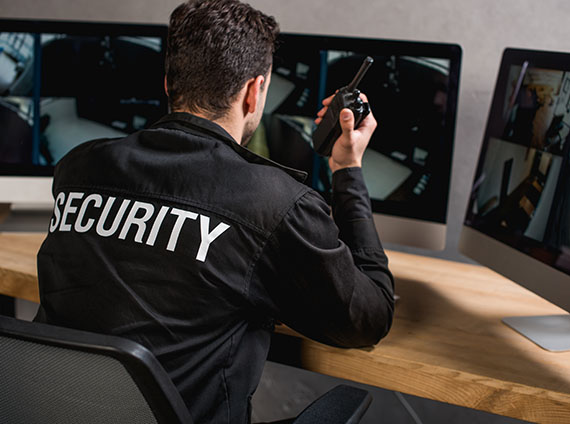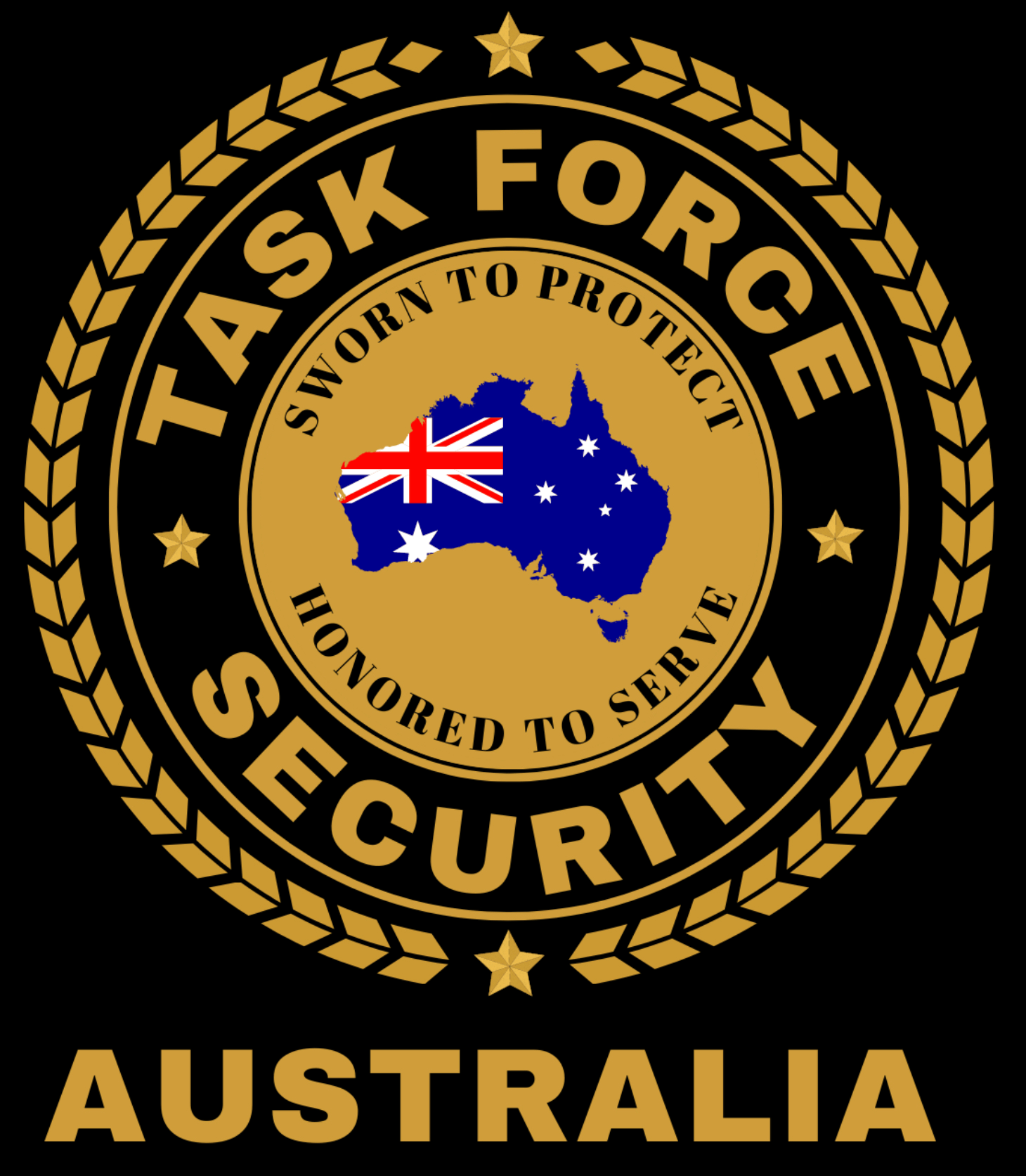Security Consultants
Security Consultants

- Conducting security assessments: This involves identifying and evaluating potential security risks, vulnerabilities, and weaknesses in an organization's infrastructure, systems, and processes.
- Developing security plans and strategies: Based on their assessments, consultants create comprehensive plans and strategies to address identified risks and ensure the organization's security.
- Implementing security solutions: Consultants help organizations choose and implement appropriate security technologies, tools, and controls to protect their assets.
- Providing incident response support: In the event of a security incident, consultants assist organizations with incident response, investigation, and recovery efforts.
- Offering training and awareness programs: Consultants educate employees on security best practices and help create a security-conscious culture within the organization.
- Risk Assessment & Management: Conduct comprehensive assessments of client sites, identify potential vulnerabilities, and develop customized security strategies to minimize risks.
- Security System Design: Design and recommend effective security systems encompassing physical security measures, access control systems, surveillance technology, and alarm systems.
- Security Policy Development: Assist clients in establishing and implementing clear security policies, procedures, and protocols to ensure consistent security practices.
- Security Training:Provide specialized training programs for security personnel, covering areas such as conflict resolution, emergency response, and customer service.
- Incident Investigation: Conduct thorough investigations into security incidents, analyze root causes, and offer recommendations to prevent future occurrences.
- Compliance & Regulatory Guidance: Ensure clients remain compliant with relevant industry regulations and standards pertaining to security operations.
- A security consultant could advise a company on best practices for hiring and training guards, ensuring they are well-equipped to handle a variety of security situations.
- For a large retail client, a consultant might design a comprehensive security plan to address concerns about theft, vandalism, and potential active shooter scenarios.
- In the wake of a security incident, a consultant could conduct a thorough investigation to identify weaknesses in the existing security protocols and recommend improvements to prevent similar incidents in the future.
- As regulations evolve, consultants can provide crucial guidance to ensure that security guard companies and their clients remain in compliance with all applicable laws and standards.
- Identify and Evaluate Threats: Conduct a thorough assessment of potential threats faced by the organization, considering both internal and external factors.
- Vulnerability Analysis: Identify weaknesses within the existing security infrastructure, policies, and procedures that could be exploited by threat actors.
- Risk Prioritization: Quantify risks based on their potential impact and likelihood, and then prioritize mitigation efforts accordingly.
- Develop Policies and Procedures: Create or update security policies and procedures to provide a framework for addressing identified risks.
- Implement Security Controls: Select and deploy appropriate security technologies and solutions based on risk assessment and policy requirements.
- Employee Training and Awareness: Conduct regular security training sessions to ensure employees are informed about security best practices and can identify potential threats.
- Access Control: Implement physical access control measures to restrict unauthorized access to sensitive areas.
- Surveillance: Deploy and strategically position surveillance systems (e.g., CCTV) to monitor critical areas.
- Perimeter Security: Enhance perimeter security through measures like fencing, gates, and intrusion detection systems.
- Network Security: Implement network security measures, including firewalls, intrusion prevention systems, and secure network configurations.
- Endpoint Security: Deploy endpoint protection solutions to protect devices from malware and other cyber threats.
- Data Security: Implement data encryption, access control, and data loss prevention technologies to protect sensitive information.
- Develop an Incident Response Plan: Create a comprehensive incident response plan to define roles, responsibilities, and procedures for responding to security incidents.
- Conduct Regular Drills: Test the incident response plan through regular exercises and simulations to ensure preparedness.
- Post-Incident Analysis: Conduct post-incident analysis to identify root causes and implement corrective actions to prevent future incidents.
- Regular Security Audits: Conduct regular audits to ensure compliance with security policies and identify areas for improvement.
- Security Awareness: Maintain ongoing security awareness programs to keep employees informed and engaged.
- Stay Current: Stay informed about emerging threats and technologies, adapting security measures accordingly.
- Cloud Security: If utilizing cloud services, implement appropriate cloud security measures to protect data and infrastructure.
- Third-Party Risk Management: Assess and manage security risks associated with vendors and other third parties.
- Compliance: Ensure security practices comply with relevant industry regulations and standards.
TASK FORCE SECURITY
MANAGEMENT SYSTEM INCLUDES
RISK ASSESSMENT
Task Force Security risk assessment includes systematic process of evaluating potential threats and vulnerabilities that could affect the company's operations and the safety of the people and assets. Our assessment helps the company understand its security risks and implement appropriate measures to mitigate them.
ACTIVITY REPORTS
Daily Activity Reports (DARs), are detailed records kept by our security officers to document their activities and observations during their shift. We serve as a chronological log of everything that happened while the officer was on duty. By utilizing technology and implementing comprehensive reporting practices, security we enhance our operational efficiency, improve communication, and provide better security services to our clients.
SITE INSPECTION
A site inspection is a crucial process where security professionals physically visit a location to assess its security vulnerabilities and risks. It's a proactive measure to ensure the safety and security of people, property, and assets. By conducting thorough site inspections, we help our clients create a safe and secure environment for their employees, customers, and assets.
INCIDENT REPORT
Incident reports are crucial documents used by us to record and detail any events that deviate from the norm or pose a potential security threat. We serve as official records of what happened, when it happened, and what actions were taken in response. By leveraging technology and implementing effective incident reporting procedures, we enhance operational efficiency, improve communication, and provide better protection for our clients.
GPS REAL-TIME GEO TRACKING
Task Force GPS real-time geo-tracking technology used by us to monitor the precise location of assets, personnel, or vehicles in real-time using the Global Positioning System (GPS). Our system provides up-to-the-minute location data, allowing for enhanced security, improved efficiency, and better response times in various situations.WHY CHOOSE US

Professional Guards
Task Force professional security guards play a crucial role in ensuring the safety and security of people and property.
State of the Art Technology
Task Force Security state-of-the-art technology is revolutionizing the security industry, we offering more sophisticated and proactive ways to protect people, property, and assets.
Quality Service
Task Force quality service, our guards go beyond just providing a physical presence. We offer a comprehensive package of skills, training, and professionalism to ensure the safety and security of people and property.
Fully Insured
Task Force fully insured security guards provide an additional layer of protection for both the guards themselves and the clients they serve.
24/7 Support
Task Force 24/7 security guards, provide continuous, round-the-clock protection and surveillance for properties, assets, and people.











